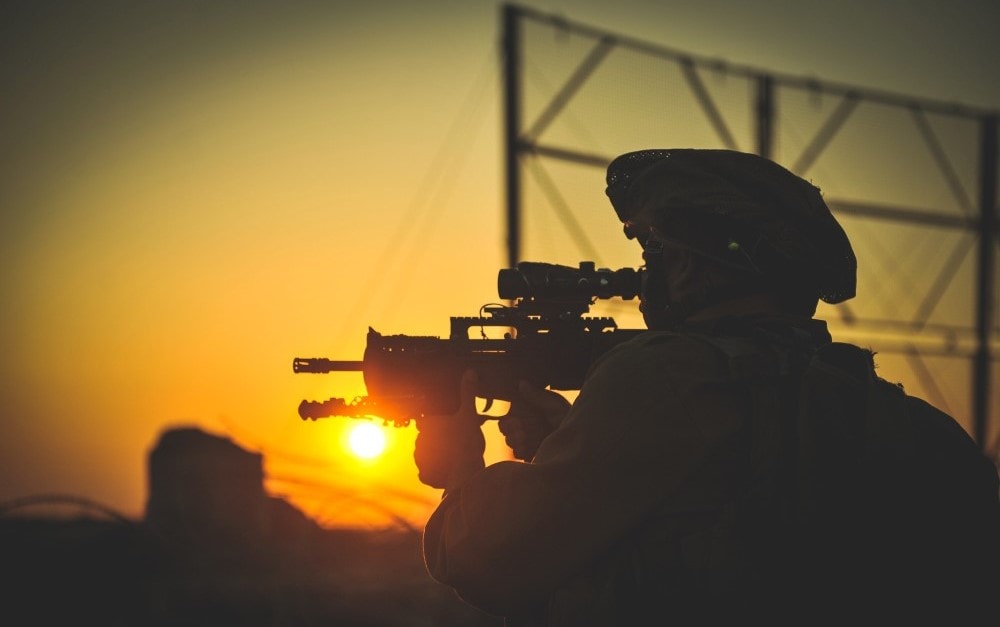
The IDF is advancing to the next phase of the war in Gaza, initiating targeted strikes on high-rise buildings in Gaza City as a prelude to a major assault on key Hamas strongholds.
Israel is preparing to unleash heavy airstrikes in the city’s center in the coming days, N12 News reports, with the Air Force set to bomb and topple tall structures that Hamas exploits for military operations. The goal is to prompt residents to evacuate before more intense fighting begins.
The IDF is steadily increasing pressure in Gaza City, and ground troops will expand their operations soon. However, the emphasis remains on a gradual approach, unfolding relatively slowly without an immediate full-scale assault.
An army spokesman confirmed this week that the IDF now controls about 40% of Gaza City, with forces active on the outskirts and poised to push deeper within days.
The IDF could launch a large assault on the city in roughly two weeks, N12 News says. In preparation, the army already mobilized about 35,000 reserve soldiers, including five combat brigades, support units, intel teams, and Air Force personnel. An additional 25,000 reservists are expected to be called up next.
Weak Hamas prepares for battle
Hamas is powerless to prevent the IDF from seizing its largest urban base, given the overwhelming superiority of Israeli forces. Instead, the group will likely resort to guerilla tactics: setting ambushes for advancing soldiers and ramping up global anti-Israel marratives to unprecedented levels.
Reports from Ynet suggest Hamas might attempt to smuggle hostages out of Gaza City, amid the mass evacuation of residents that is expected to follow IDF warnings.
The terror group will also heighten psychological warfare, releasing more hostage videos to unsettle Israeli public opinion. The IDF plans to proceed with caution in zones where hostages are believed to be held, prioritizing their safety to prevent unintended harm.
Behind the scenes, IDF Chief Zamir, Mossad Director Barnea, and Foreign Minister Sa’ar are pushing back against PM Netanyahu’s strategy for a full Gaza takeover, urging him to pursue a ceasefire and partial hostage release deal. They argue that the costs Israel will pay, on the battlefield and globally, are too high given the expected rewards.
Meanwhile, back-channel ceasefire talks will likely continue, with substantial pressure building toward a deal. Despite public support for Israel’s moves, President Trump prefers a swift resolution and quick achievements rather than a prolonged conflict.


